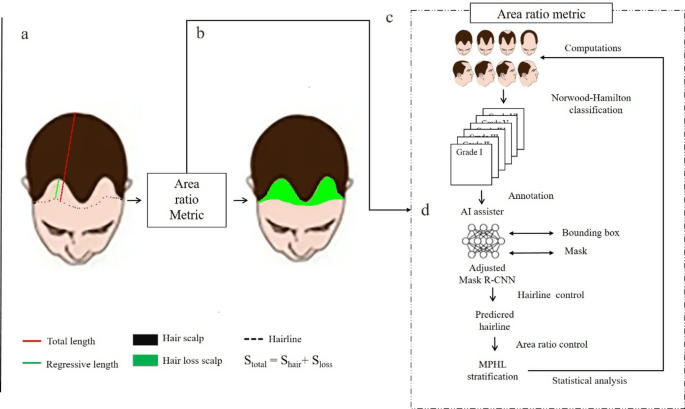Do AI Browsers Exist For You - or To Give AI Companies Data?

Original Article Summary
"It's been hard for me to understand why Atlas exists," writes MIT Technology Review. " Who is this browser for, exactly? Who is its customer? And the answer I have come to there is that Atlas is for OpenAI. The real customer, the true end user of Atlas, is n…
Read full article at Slashdot.org✨Our Analysis
MIT Technology Review's questioning of the purpose of Atlas, an AI browser, highlights that its primary function may be to collect data for OpenAI, rather than serving the needs of its users. The article suggests that Atlas's true customer is OpenAI itself, implying that the browser is designed to gather data to improve OpenAI's AI models. This raises important implications for website owners, as it may mean that AI browsers like Atlas are prioritizing data collection over user experience. Website owners should be aware that AI-powered browsers may be tracking and analyzing user behavior on their sites, potentially impacting their analytics and advertising revenue. This could also lead to concerns about data privacy and the potential for AI companies to exploit user data for their own gain. To mitigate these risks, website owners can take several steps: first, monitor their site's traffic and analytics to detect any unusual patterns that may indicate AI browser activity; second, review their data privacy policies to ensure they are transparent about data collection and usage; and third, consider updating their llms.txt files to include specific rules for AI browsers like Atlas, to control how these browsers interact with their site and collect user data.
Related Topics
Track AI Bots on Your Website
See which AI crawlers like ChatGPT, Claude, and Gemini are visiting your site. Get real-time analytics and actionable insights.
Start Tracking Free →

